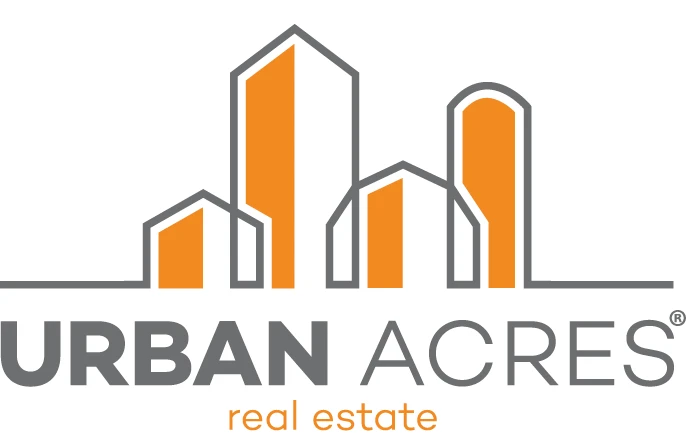What You Need to Know About Commercial Leases in the Iowa City-Cedar Rapids Market
Have you ever walked into a commercial space and wondered if the space is leased and what it costs?
Unless you own a business or are responsible for scouting new locations, commercial real estate leases probably aren’t top of mind. But if you are a business owner, no matter the size of your business, understanding commercial leases is an important step to starting, expanding, or relocating your business.
So where do you begin navigating the world of commercial real estate leases?
Research is key to identifying and signing the right lease. That’s because different leases come with different responsibilities and risks. Choosing the right type of commercial lease can significantly impact your business’s financial health and stability. That’s why it’s important to not only find the right property, but also to determine the right lease type.
In the greater Iowa City-Cedar Rapids market, the two most common types of leases are gross and triple net. Whether you opt for a gross or triple net lease will depend on the nature of your business, budget preferences, and the size of the leased space. When considering leasing or buying commercial property, it’s important to fully understand the benefits and risks and what you can expect throughout the process.
In this blog, we’ll define these leases, discuss how the leasing process works, and highlight some important considerations, such as buying versus leasing, letters of intent, and why working with a team of experienced professionals, including a REALTOR®, lender, and attorney, is crucial.
Let’s start by digging into a few definitions:
Gross Lease
Gross leases are typically used for shorter-term leases, often lasting less than a year or a few years. They typically include two main components: base rent and passthrough costs. With a gross lease, tenants make a single, total payment to the landlord. This payment covers the total rent payment.
Triple Net Lease
A triple net lease is more comprehensive and consists of three key components: property taxes, insurance, and common area maintenance (CAM) costs, which generally include the costs of repairing, maintaining, and cleaning common areas of the leased property. Unlike the gross lease, tenants with triple net leases pay a prorated share of these passthrough costs separately.
It’s important to note that costs in a triple net lease can fluctuate, making it more suitable for long-term leases spanning 5, 7, or 10 years or more. This stability is particularly attractive to businesses with known brick-and-mortar locations that require predictability in their monthly budgets.
How Size Can Inform Lease Type
The size of the leased space often determines whether you’ll be offered a gross or triple net lease. Smaller spaces are generally associated with gross leases because landlords can more easily assess and charge a set monthly fee that includes passthrough costs. In contrast, larger spaces are more frequently associated with triple net leases.
Short-Term or Long-Term Lease?
To decide between a short-term or long-term lease, you’ll want to consider the nature of your business and your budget preferences. Short-term leases are often attractive for those seeking office space and looking for the flexibility to switch locations if needed. Long-term leases can be better for businesses with established physical locations, providing more predictability in monthly budgets.
When to Start Thinking About Commercial Space
Just as homeowners ask about the ideal time to buy a home, business owners also ask when to start exploring commercial spaces. The ideal time to start thinking about leasing a space is as soon as you have a concept for your business or have determined you need additional square footage.
Getting Started
What happens first? Typically the process begins with a discovery phase to understand the type of business and the scope/size of the space needed. This is when you want a knowledgeable commercial real estate agent, a good lender, and an attorney at your side, especially if your attorney specializes in real estate.
Keep in mind, not all REALTORS® are well-versed in commercial real estate. Many are experts in residential only. Be sure your agent has worked in the commercial space or can connect you to someone who has.
Once you have assembled your team of experts, it’s a great time to find out as much as you can about the local commercial market. For example, in the current real estate market, property taxes and insurance costs are increasing, making it crucial to assess their impact when negotiating leases. If landlords have mortgages up for renewal, they might seek higher rental rates. This can affect triple net costs, which can be passed through to tenants.
Take the time to assess current market conditions. It’s good to know if rental rates are generally on the rise across the board for tenants. Keep in mind that these trends can change quarterly or yearly.
When your market analysis is complete, it’s time to reach out to your lender. This person is critical to your success because they can help assess your financial history and business plan. For example, collaborating with a lender for a U.S. Small Business Administration-backed loan (SBA loan) can help determine your financing capacity and make you a more attractive tenant. With a clear vision outlined, you and your lender can align your business needs with the right lease structure.
Exploration and Negotiation
From here, it’s time to start searching for properties with your agent based on what you have learned in the discovery phase. This is the fun part! You get to find the space that best fits your needs, knowing your agent can help ensure you find the right leasing opportunity. Once you find a space, your agent will help you write a Letter of Intent (LOI), which is a non-binding document that outlines the terms of the lease, including responsibilities, terms, and the lease type (triple net or gross).

Next, it’s time for negotiations with the landlord. This is where your real estate agent can really make a difference. They know the market and are skilled at working with landlords and lessees. Once both parties reach an agreement, the landlord will draft the lease. Before signing off on the lease, make sure you have your attorney review the draft.
Thinking of Buying a Commercial Space?
If you’ve explored leasing, but think buying is a better option, here are a few of the questions you should ask yourself first:
- Do you have the funds to purchase a space? If you’re an early-stage business, it’s a good idea to focus on investing in your business first before you consider purchasing a commercial space.
- What is your worst case scenario? For example, maybe you buy the space and then your business fails. Some may see this as a reason not to buy. Others can still see the value of having the property as an asset no matter the future of their business.
- Are you a growing and profitable business looking to expand? Established companies often consider reinvesting in the business by moving away from leasing and buying their office real estate. In fact, it’s a great way for the company to broaden its financial stability and increase assets.
Your decision to lease or buy can shape the future of your business. If you’re ready to explore your options or need guidance as you navigate the commercial real estate market, don’t hesitate to reach out and start the process.
Our experienced commercial REALTORS® can help you gather all the facts so you’re able to make an informed decision. We are here to help point you in the direction that’s best for you and your business!





